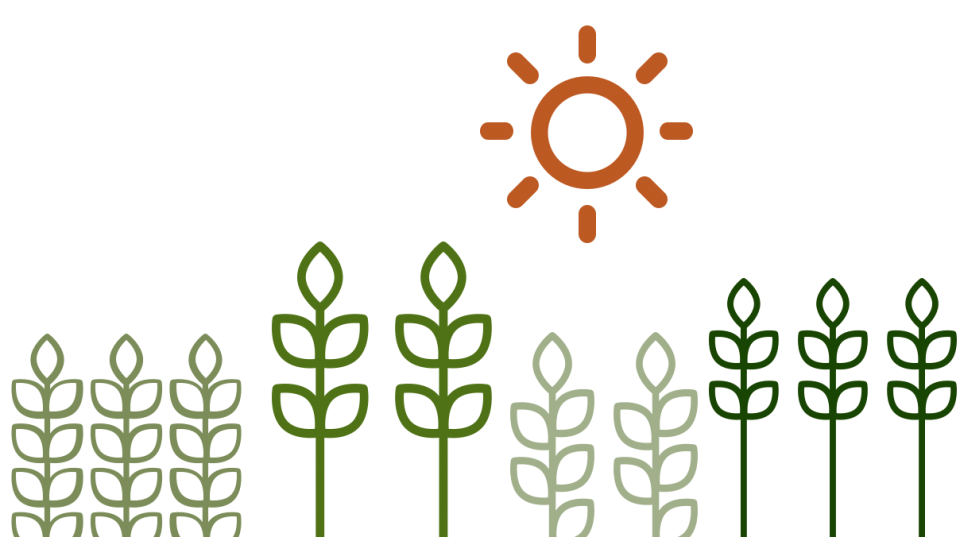Overview
The aim of this project was to restore the viability of export pathways for taro.
Fiji is currently the main exporter of taro to Australia and New Zealand, and other Pacific Island countries (PICs) also export small amounts. Samoa is rebuilding its taro production base following the development and introduction of varieties resistant to taro leaf blight (TLB). However, the opportunity to improve rural livelihoods through taro exports is being hindered by poor quality consignments, including some contaminated with pests of quarantine concern detected on arrival at export destinations.
Much attention has been devoted to analysis of the issues underlying Fiji taro exports to Australia and New Zealand, as taro is the second largest horticultural export from Fiji. Building upon two small research activities (SRAs) (PC/2008/029 and PC/2010/032), this project provided research-based recommendations for strengthening Pacific island taro exports. This work complemented other work on taro undertaken by the Pacific Agribusiness Research for Development Initiative (PARDI) (PC/2008/044) and the AusAID-funded Pacific Horticultural and Agricultural Market Access (PHAMA) program.
Project outcomes
- Improve the sustainability of the taro supply chain by:
- identifying improved on-farm production techniques to reduce key quarantine pest (nematode and mite) infestation for export grade product;
- determining suitable transport, handling and processing techniques to reduce postharvest damage leading to postharvest fungal infections;
- determining minimum packhouse sanitary standards to ensure taro is processed and packaged to meet export needs;
- conducting trials to determine a suitable postharvest topping-and-tailing treatment to prevent fungal infections during transport to Australia.
- Evaluate hot water dipping as a phytosanitary treatment against nematodes and mites.
- Ensure coordination of research and dissemination of outputs (in the context of multiple efforts to improve taro production, supply and market access).




